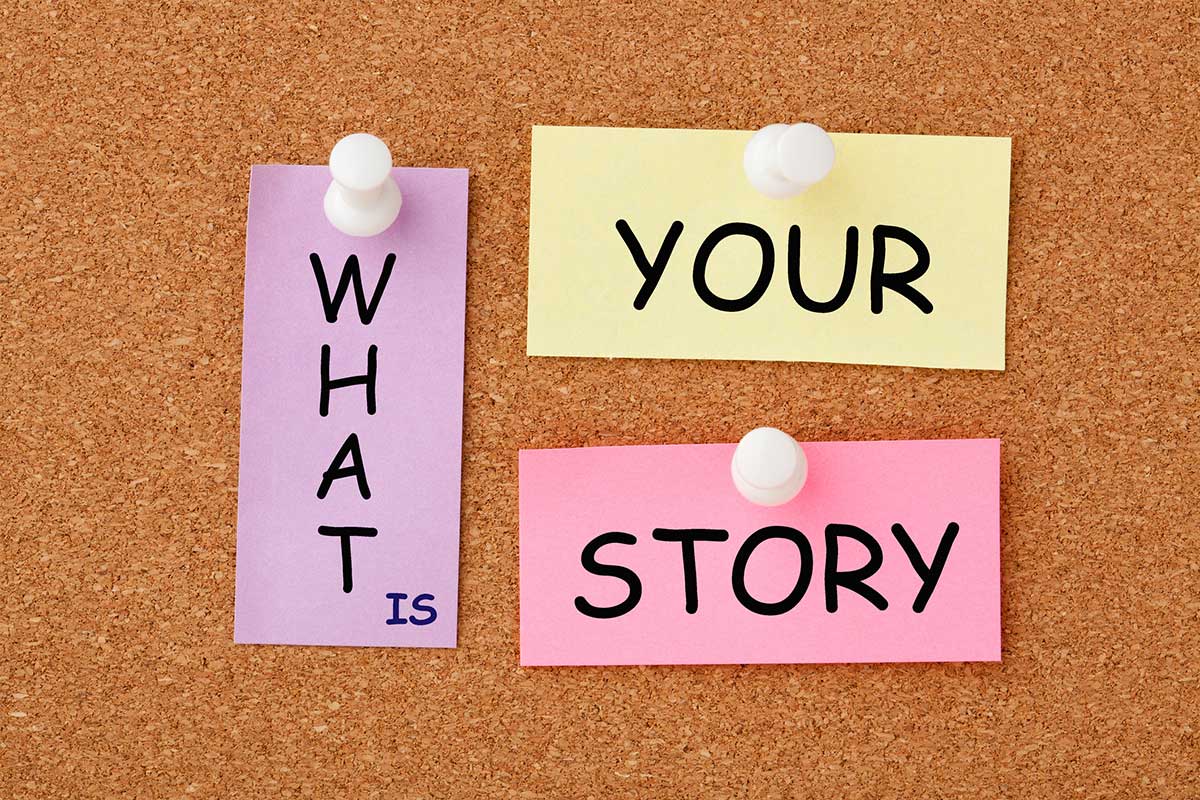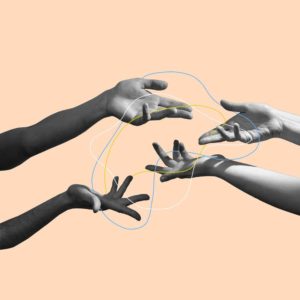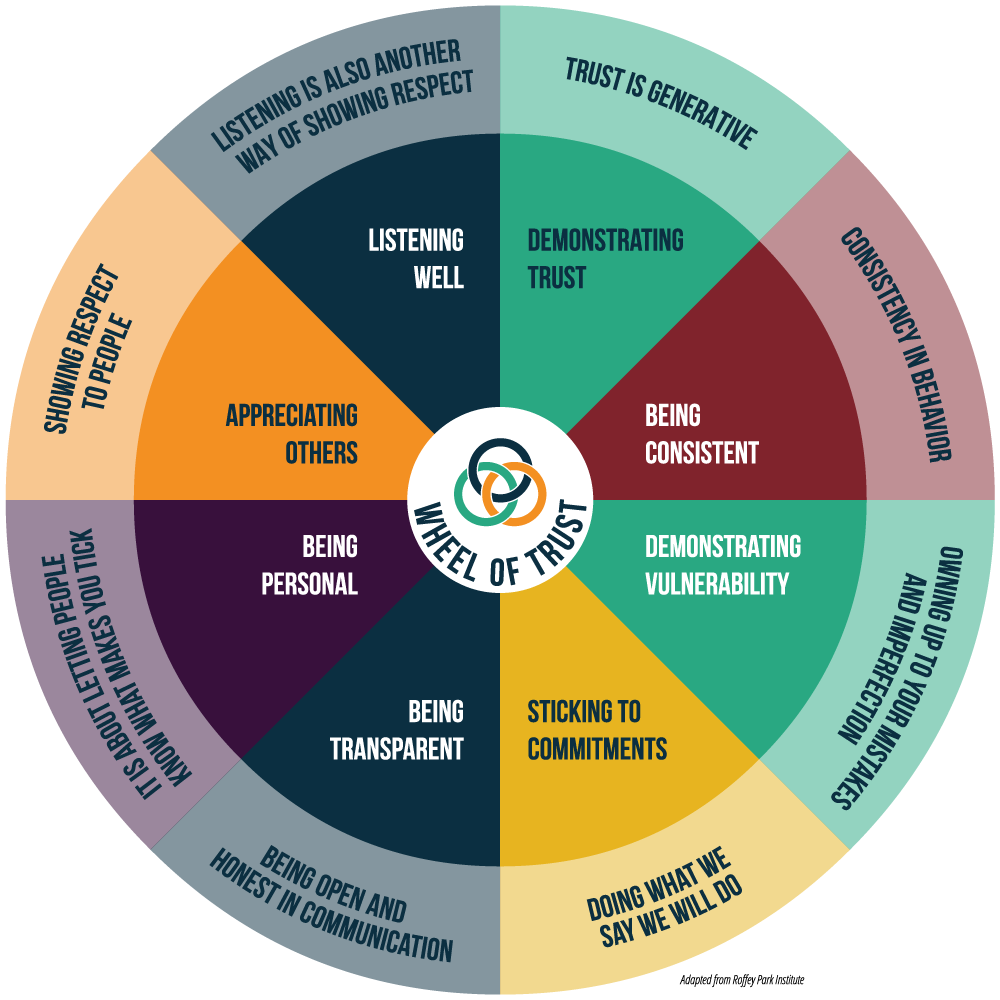Maureen* started coaching one month prior to the quarantine (March 2020) with the desire to practice healthy habits that would lead to greater vitality. As a change-maker and influencer with a strong spiritual practice, she wanted to bring satisfaction, stability, and balance to her life. Maureen adopted several movement activities and nutritional practices to decrease her weight by 12% that were steadily implemented with success. She disclosed a pattern of emotional eating that often increased along with her stress levels.
During the pandemic, Maureen shifted her priority, explored how to better use her time, and addressed the paradoxes of dealing with uncertainties. With the transition of a loved one and being a primary supporter of a family member, she was feeling more anxious. Exploring her strengths, Maureen wanted to illuminate the ways she could balance the various demands of her time. She started journaling as a way to brain dump and release some of the stress she was feeling.
 A professional and a community leader, Maureen was beginning to think about what the next chapter of her professional life might be. The original focus, reimagining work, was still top of mind along with how she envisioned her legacy. Over time, journaling also activated her sadness, so the activity was suspended. Redirecting her attention to doing calming practices, prayer, and meditation, Maureen created space both physically and emotionally to name the sadness related to the uncertainties of the pandemic.
A professional and a community leader, Maureen was beginning to think about what the next chapter of her professional life might be. The original focus, reimagining work, was still top of mind along with how she envisioned her legacy. Over time, journaling also activated her sadness, so the activity was suspended. Redirecting her attention to doing calming practices, prayer, and meditation, Maureen created space both physically and emotionally to name the sadness related to the uncertainties of the pandemic.
After going through an activity to identify the emotions that were underneath the words, Maureen decided to establish an honoring ritual. Acknowledging all the things that make her whole and the legacy she wants to leave behind was where she wanted to place her attention.
Centered in her faith, Maureen concluded that writing a book would be a great way to honor her own legacy. It was important to land before taking flight. Now, she is making room for community, purpose, and commitment with more time to rest and reflect.
“Working with Novelette for more than a year has been the most productive use of my time after leaving corporate life. She is an impactful coach, who helped me see beyond my fears and insecurities in order to see the depth and breadth of my desires. Novelette gently guided me toward my objective, helping me feel empowered and successful. She brought deep listening, timely clarity, and powerful guidance to our coaching session.”
*Pseudonym for privacy



 Employees in these high trusting environments are encouraged to exchange ideas and experiences to fully realize their own capacity and power. Engaging colleagues in this way energizes them professionally and boosts authenticity. According to
Employees in these high trusting environments are encouraged to exchange ideas and experiences to fully realize their own capacity and power. Engaging colleagues in this way energizes them professionally and boosts authenticity. According to 